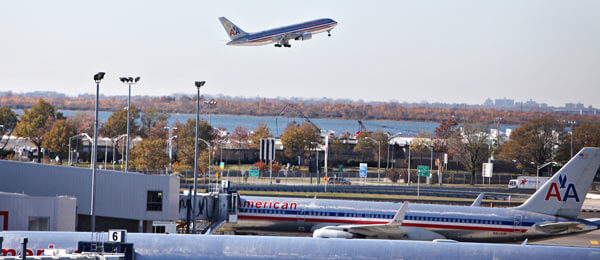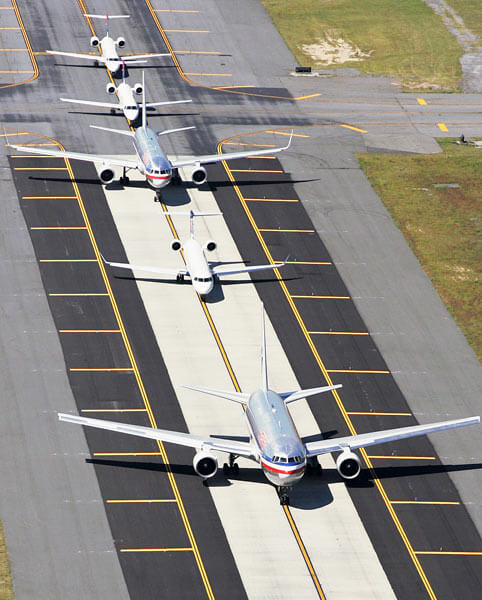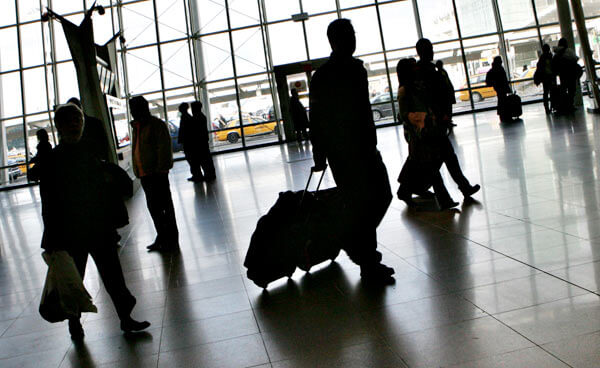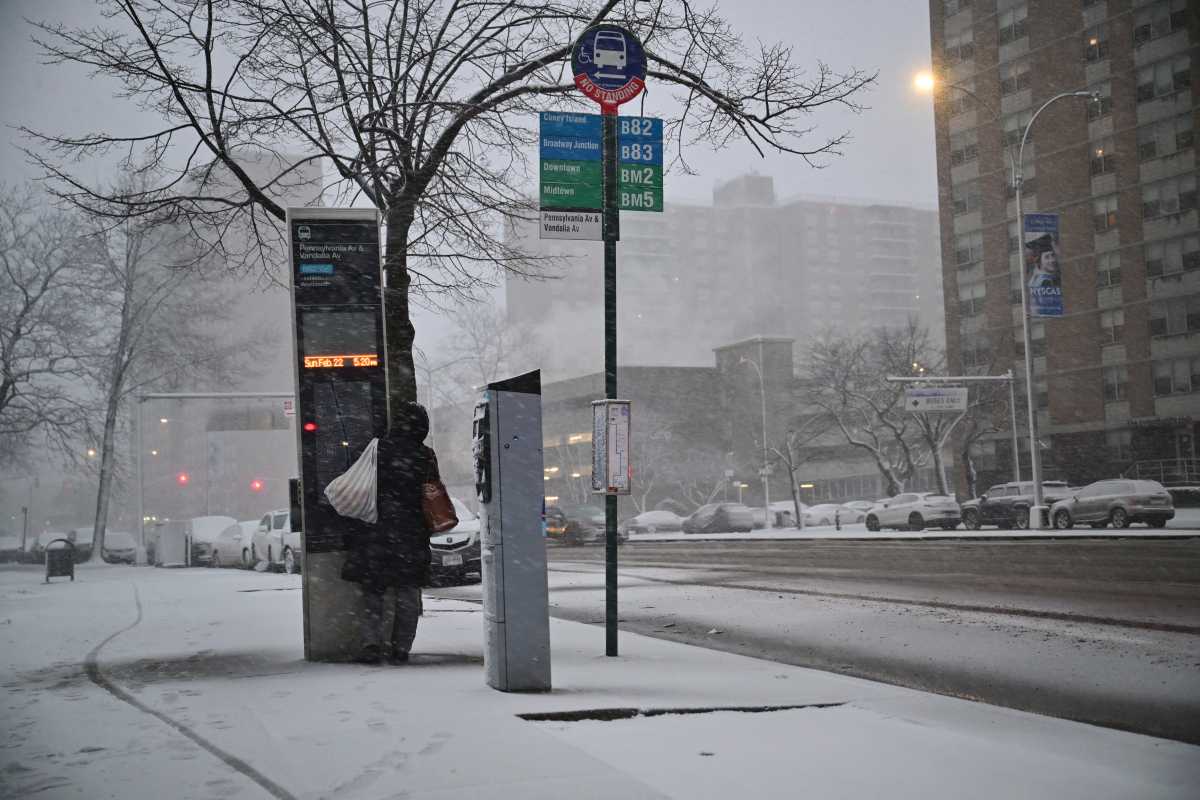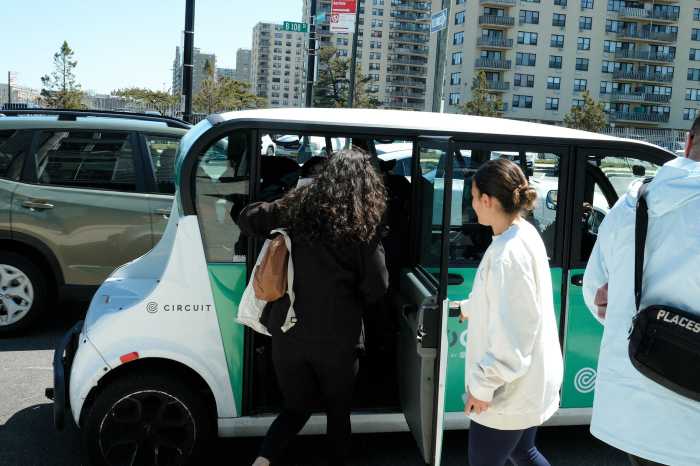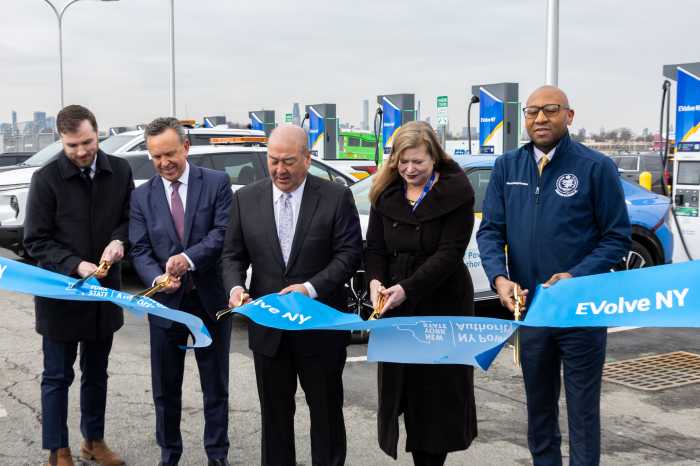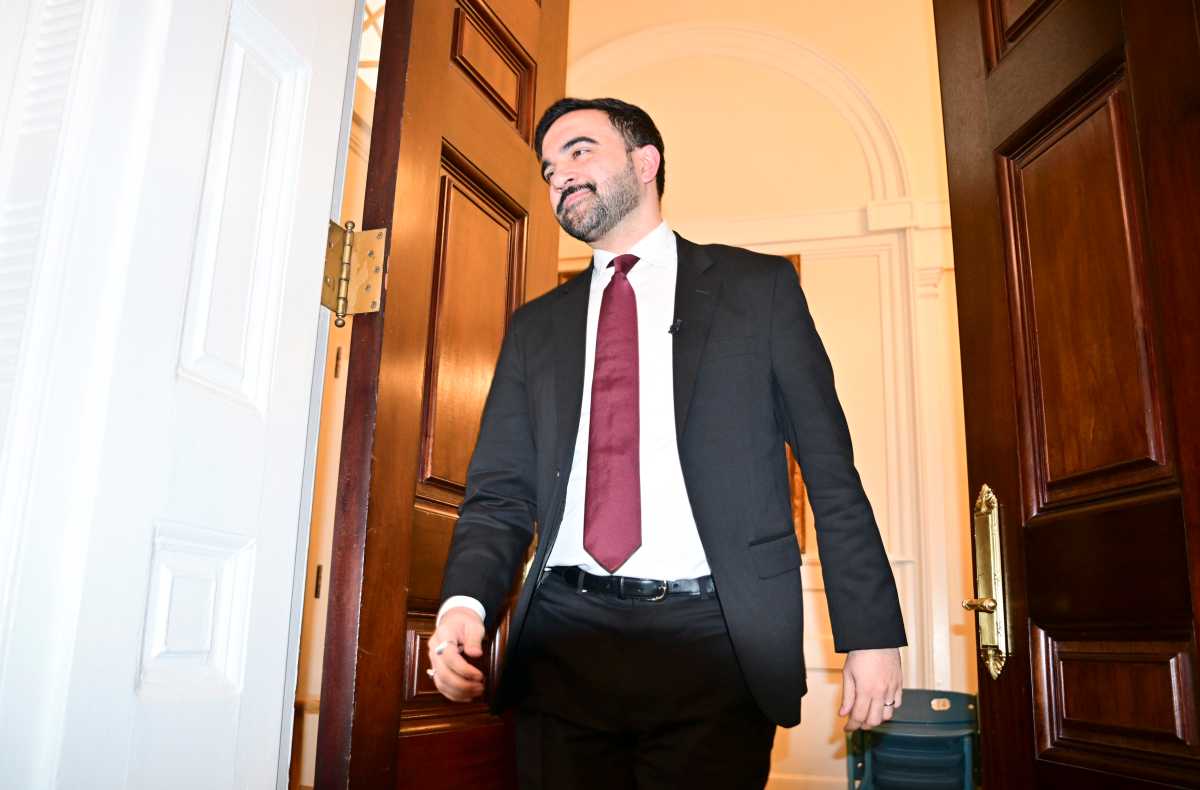By Rich Bockmann
At the turn of the century, Port Authority and state officials were cautiously optimistic that new markets in Asia would provide a boon to the region’s air-cargo industry.
Despite a weakening economy in 2000, John F. Kennedy International Airport ranked third nationwide in air-cargo tonnage, and the Port Authority’s system experienced a 13.5 percent boost in the first quarter of 2001.
But then came Sept. 11, and increased security measures along with climbing fuel prices helped push cargo off planes and onto trucks. Los Angeles International Airport began to position itself as the gateway of choice for Asia’s air cargo industry and JFK lost even more ground to the centrally located O’Hare International Airport in Chicago.
According to a recent report commissioned by the Port Authority and the New York City Economic Development Corp., between 2000 and 2010 air-cargo tonnage at JFK dropped 25 percent, and the airport slid down to seventh nationwide.
“The air cargo industry alone accounts for tens of thousands of jobs and generates billions of dollars in economic activity,” EDC President Seth Pinsky said. “We know, however, there is still room for improvement. The results of this study will allow us to build on our strengths, thereby ensuring that we continue to remain competitive in this important industry well into the 21st century.”
According to the EDC, Kennedy is the second-largest employer in Queens, with more than 20 percent of its 69,000 employees working directly in air-cargo-related jobs.
Throughout the region, the air-cargo industry supports $8.6 billion in sales and nearly $3 billion in wages, and the 450-plus-page study lays out a number of recommendations to reassert JFK’s position in the industry.
Central to the airport’s competitive advantage, the report said, is a sophisticated network of freight-related businesses on the outskirts of the airport in Springfield Gardens.
“The air cargo traffic flowing through JFK is largely dependent on the hundreds of supporting businesses in Queens and Nassau counties,” the report read. “The area directly across Rockaway Boulevard from the airport’s busiest cargo area holds one of the industry’s largest concentrations of customs brokers and freight forwarders.”
The study recommends moving these companies onto airport property and repositioning the cargo facilities to improve logistics.
It also recommends changing regulations banning 53-foot trailers from city streets such as the Van Wyck Expressway, which would make transporting cargo through Queens more cost-effective. Furthermore, the study called on the Port Authority to come up with a formal marketing plan and a budget specifically allocated to selling JFK as a competitive air-cargo gateway.
Reach reporter Rich Bockmann by e-mail at rbockmann@cnglocal.com or by phone at 718-260-4574.

